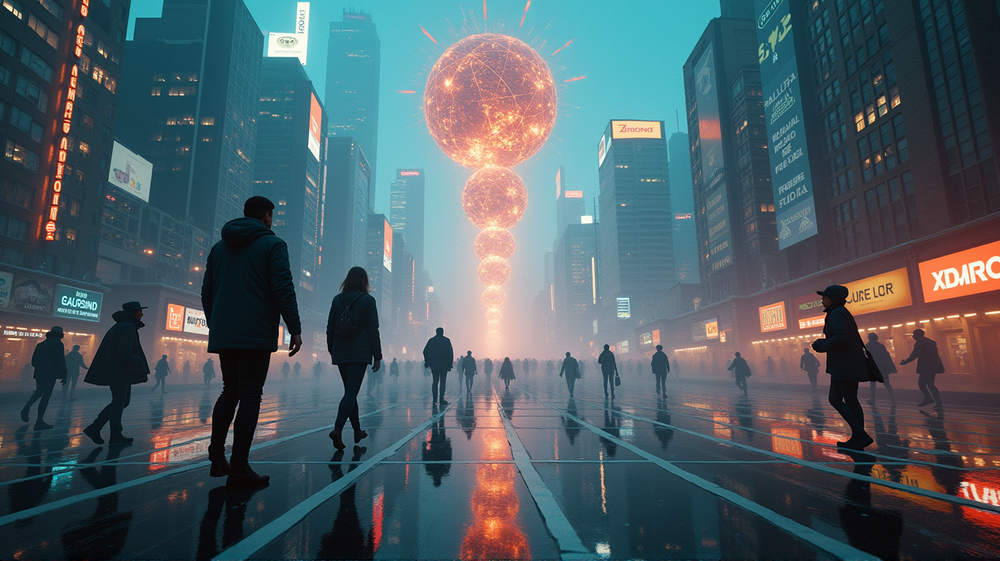Will AI Innovations Cushion the Job Market?
The Delicate Balance Between Innovation and Job Security
In a world growing increasingly reliant on technology, chief executive of Nvidia, Jensen Huang, shared insights that echo across boardrooms and workplaces alike: the integration of artificial intelligence (AI) into the job market is a double-edged sword. According to Huang, while AI has potential to elevate productivity, it could also contribute to job losses if industries stagnate in innovation.
The AI Revolution’s Ripple Effect on Employment
Voicing concerns to CNN’s Fareed Zakaria, Huang questioned, “Do we have more ideas left in society?” As AI technology blooms, the fear remains: if creativity runs dry, productivity gains could inadvertently drive down employment. The conversation doesn’t just end here; fellow tech leader Dario Amodei, leading Anthropic, forecasted a grim outlook, fearing AI might eliminate half of entry-level, white-collar jobs within five years.
The Silver Lining Amidst Technological Advancements
Despite looming shadows, Huang maintains optimism that AI could bring unparalleled development opportunities. He emphasized the historical context, noting how advances across centuries have frequently led to more job creation alongside enhanced productivity. As innovation blossoms, so might the employment landscape, offering roles unimaginable today.
Industry Giants and the AI Paradigm Shift
In current tech landscapes, Nvidia stands at the forefront. Briefly reaching a market value of $4 trillion, Nvidia’s innovations power giants like Microsoft, Amazon, and Google, establishing a digital ecosystem where AI assists both routine and complex tasks. Huang also noted that AI elevates individuals who struggle with technology, leveling the playing field and offering creative solutions in daily operations.
The Future: Unwritten and Full of Possibilities
Citizens and companies alike are embarking on this pivotal journey. As noted in numerous surveys cited by Huang, changes in task automation indicate a paradigm shift that might redefine what we know as work today. Yet, the underlying essence remains clear: harnessing AI for genuine human advancement requires an abundant reserve of ideas, steering the world towards a horizon filled with potential.
In such transformations, AI emerges not as a threat, but as a profound equalizer, fostering growth in environments open to change. As stated in newspressnow.com, the onus is on us to innovate continuously, ensuring that AI brings with it a prosperous, inclusive future where technology and humanity walk hand in hand.




